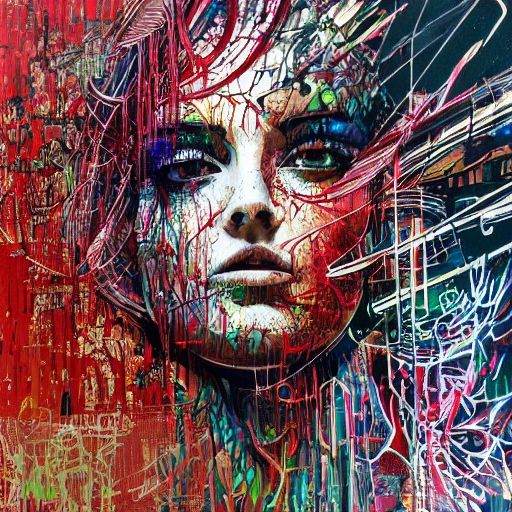From my first steps in exploring electronic music in my teenage years, the journey has been nothing short of exhilarating. However, as I look back on those days of tinkering with keyboard synths and creating melodies from scratch, I realise how far music production has come. One of the most fascinating technological advancements reshaping electronic music production is artificial intelligence (AI). Let's dive into the world of digital beats and automated music to see how AI is changing the game!
It was the Greek mathematician and philosopher Pythagoras who once said, "There is geometry in the humming of the strings, there is music in the spacing of the spheres." I find this quote relevant today, especially as the integration of AI into music production requires a seamless blend of mathematics, technology, and creativity.
Did you know that in 1951, British computer scientist Alan Turing recorded one of the earliest instances of computer-generated music using a machine made of relay switches and vacuum tubes? Although the melody was simple and short, this creation marked the beginning of a profound transformation in the music production realm.
Fast forward to the present day, AI has seeped into nearly every aspect of our lives. From voice-activated personal assistants to autonomous vehicles, the capabilities of AI are mind-blowing. In the realm of music production, AI-based algorithms can analyse enormous amounts of data to generate original compositions, as well as deconstruct and modify tracks, thereby enriching the overall listening experience.
One particular AI application in electronic music is the use of neural networks to predict and generate melodies based on patterns and existing music styles. With tools and apps such as AIVA, Jukedeck, and Amper Music, professionals and casual music enthusiasts can create music effortlessly. Moreover, AI tools like LANDR can even provide automated mastering services for tracks, leveling and balancing production elements within minutes.
I still remember the excitement I felt when I discovered OpenAI's MuseNet, which uses AI to compose music in various genres, including electronic. As I fed the system my favourite tracks and let it run, I was astounded by the layering of beats, synths, and melodies presented to me. It was as if I had a little musical genius within grasp!
There's no denying that AI has revolutionised electronic music production, enabling access to a world of musical possibilities beyond our wildest dreams. However, some may argue that this reliance on technology takes away the human touch in music. While I understand this sentiment, I firmly believe that it's our responsibility to strike a balance and utilise AI as an extension of our creativity without letting it overpower our innate musical instinct.
Despite the skepticism and concerns, the future of AI in electronic music production is bright. We'll see more collaborations between human composers and AI-generated content, resulting in even more diverse and hybrid music forms. The world of electronic music is bound to become increasingly expansive, with the power of AI paving the way for unexplored sonic landscapes. In the end, while machines may help us create and refine the notes, it is our human passion and soul that will bring the music to life.

